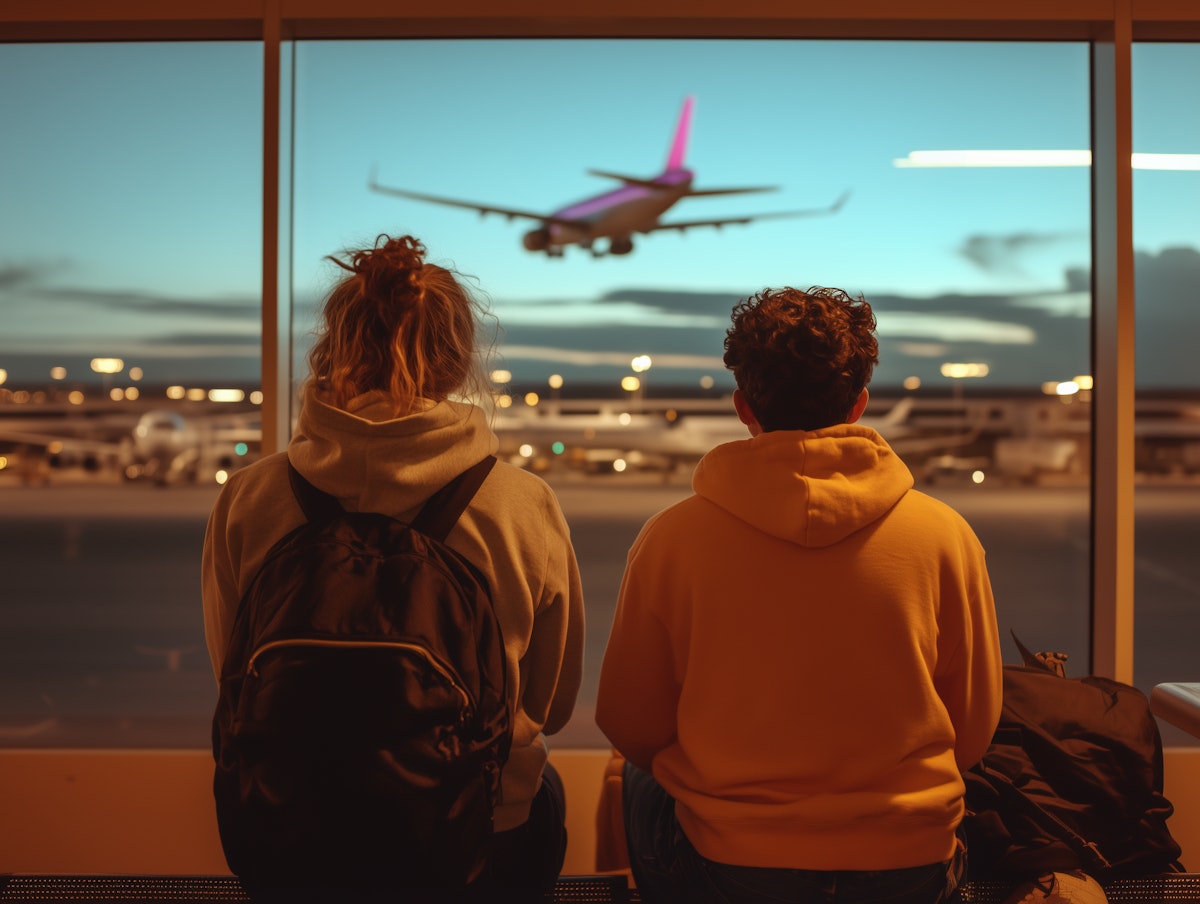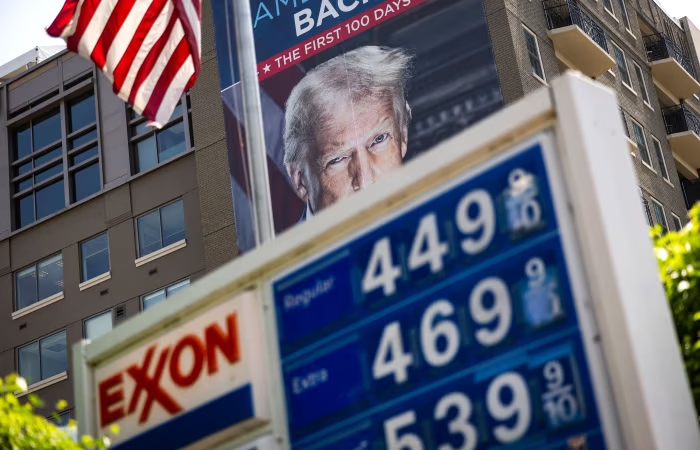Canadians stopped traveling to the US after being told to boycott over tariffs, and the numbers prove it

Canadians are pulling back on travel to the US amid a clash between the two nations over tariffs first imposed by President Donald Trump.
According to Statistics Canada data released Monday, the number of Canadians driving to the US dropped 23% in February compared to the same month last year, marking the second consecutive monthly decline and the second drop observed since March 2021. Leisure bookings are also taking a hit. Flight Centre Travel Group, a major travel agency in Canada, told Business Insider that they saw a 40% decrease in leisure bookings to the US in February year over year.
“While Canadians remain eager to travel, they are increasingly shifting their focus to destinations outside the US,” said Amra Durakovic, spokesperson for Flight Centre Travel Group Canada.
This downturn follows a call from outgoing Prime Minister Justin Trudeau — set to be replaced by Mark Carney on Friday — urging Canadian citizens to reconsider visiting the US and instead support domestic tourism. His comments came after Trump issued executive orders on February 1, imposing 25% tariffs on imports from Canada and Mexico.
A recent online survey suggested that Trudeau’s message was resonating. A Leger survey of around 1,500 Canadians found that nearly half were less likely to visit the US this year compared to last, while six in 10 planned to vacation within Canada instead.
“The drop in Canadian visits is closely linked to the US tariffs imposed on February 1,” Rachel J.C. Fu, director of the University of Florida’s Eric Friedheim Tourism Institute, told Business Insider. “The 25% tariffs likely increased economic tension between the two countries, influencing Canadian consumer sentiment and travel choices,” she added, mentioning that Trudeau’s comments further discouraged travel to the US.
A decline in Canadian visitors could have a significant cost for the US economy. Last month, the US Travel Association estimated that a 10% decrease in Canadian travel could lead to $2.1 billion in lost spending and 14,000 job losses, with top US destinations like Florida, California, Nevada, New York, and Texas being the hardest hit.
Although the US travel and tourism industry is projected to generate $223.64 billion in 2025, losses could surpass current estimates if tensions persist, Adam Sacks, president of Tourism Economics, told Business Insider. “Canada is the US top visitor market, so the stakes are high,” he said.
Tony Poletti, owner of the family-run Marketside Restaurant in Niagara Falls, NY — located on the Canadian border — told Business Insider: “It’s just a matter of time before we feel the impact of it.”
“It’s going to hit businesses in Niagara County harder than people might think,” he added. Poletti, whose family has run the restaurant since 1939, said his loyal Canadian customers have already expressed hesitation about traveling to the US. One long-time Canadian client told him her husband refused to let her visit because he was “very upset” by Trump’s tariffs. “What Washington is doing is they’re cutting off their nose to spite their face,” he said, adding, “It’s not going to be long before it’s going to hurt Americans.”
Economic uncertainty is already shaking up financial markets. Wall Street plummeted on Monday after Trump refused to rule out a recession, stating that the US is in “a period of transition” during a Sunday interview on Fox News. Stocks dropped again on Tuesday after Trump wrote on Truth Social that he had instructed his commerce secretary to impose an additional 25% tariff on steel and aluminum coming from Canada, bringing the tariff rate on those imports to 50%.
He later reversed the decision, with trade advisor Peter Navarro telling CNBC on Tuesday afternoon that the 50% tariffs on Canadian steel and aluminum would no longer be implemented on Wednesday. Markets continued to slide on Thursday, with the S&P 500 entering correction territory.
Fu stated that if the tariffs remain and continue to strain economic relations, the Canadian travel slump “could last for months or even two more years.” She added, “Unless the trade dispute is resolved or new incentives encourage Canadian travelers to return, the US tourism industry may need to brace for a prolonged downturn in Canadian visitors.”
Sources -
https://leger360.com/political-tensions-impact-travel/



